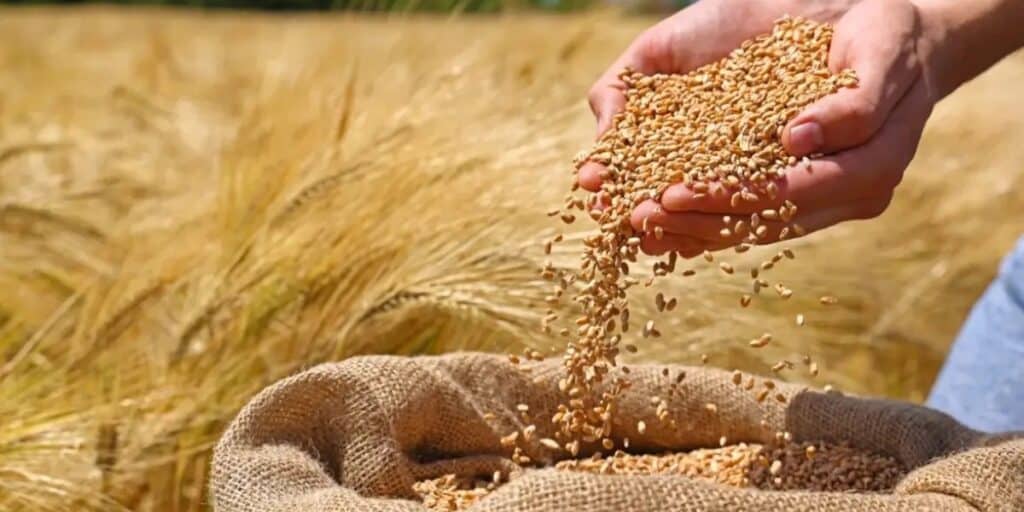Quetta – Chairman of the Pakistan Flour Mills Association, Badaruddin Kakar, held a press conference in Quetta, stating that the price of flour in Balochistan has surged by 800 rupees in just 20 days.
in Balochistan news updates, he highlighted that this year’s wheat production reached 27.9 million metric tons nationwide, with Sindh showing relatively better yields.
Kakar explained that Khyber Pakhtunkhwa’s annual wheat consumption is about 5.4 million metric tons, while Balochistan produces only 1 million metric tons against a requirement of 2 million metric tons.
He noted that both this year and the last, the government failed to procure wheat.
He further said that in August the Punjab government imposed a ban on the inter-provincial transport of wheat and flour.
Warning of escalating unrest, he added that if the situation does not improve, a countrywide strike will be considered.
The chairman urged the Punjab government to immediately lift the ban on inter-provincial wheat movement to stabilize prices and meet Balochistan’s demand.
Pakistan’s wheat shortages often stem from a mix of production, policy, and distribution problems.
Balochistan News Updates
Unpredictable weather—drought, floods, or untimely rains—reduces yields. Rising input costs (fertilizer, seed, fuel) discourage farmers from planting enough.
Weak government procurement or delayed purchases leave private traders in control, creating hoarding and speculative price hikes.
Inter-provincial movement bans, like those imposed by some provincial governments, interrupt the natural flow of grain from surplus to deficit areas.
Inefficient storage and outdated supply chains cause post-harvest losses. Smuggling to neighboring countries during high international prices further drains local stocks.
Together, these factors tighten availability and raise flour prices for consumers.
To stabilize supply, authorities can set clear procurement targets and buy grain promptly at fair support prices, discouraging middlemen manipulation.
Lifting unnecessary inter-provincial transport restrictions allows wheat to move freely from surplus provinces like Punjab to deficit regions such as Balochistan and Khyber Pakhtunkhwa.
Expanding modern storage facilities reduces wastage and seasonal shortages. Stronger market monitoring, digital tracking of stocks, and crackdowns on hoarding or smuggling help maintain transparency.
Encouraging higher yields through subsidies on quality seed, fertilizer, and water-saving techniques boosts long-term production.
ALSO READ: Major crackdown on wheat hoarding in Sibi
Finally, maintaining a strategic national reserve and using timely releases during shortages can stabilize market prices and protect consumers from sudden spikes.





